Struggling with a reactive dog? Good Dog Training Auckland helps with leash reactivity, confidence building, and structured socialisation. Join Dog Club to transform stress into calm.
Many dog owners see reactive behaviours like lunging, barking, stiffening, growling and assume it’s aggression. But often, reactivity comes from a place of feeling trapped, overwhelmed, anxious, or misunderstood. The dog isn’t choosing to “be bad”; they’re trying to make sense of what they feel, especially when they don’t yet have the tools to cope.
At Good Dog Training and through our Dog Club programme, we help you and your dog uncover what’s really going on, build trust and communication, and work step by step out of those reactive habits.
Reactivity isn’t about being stubborn or “naughty.” It’s rooted in how safe, confident, and supported a dog feels in different environments. Here are the most common causes which we will address in more detail below:
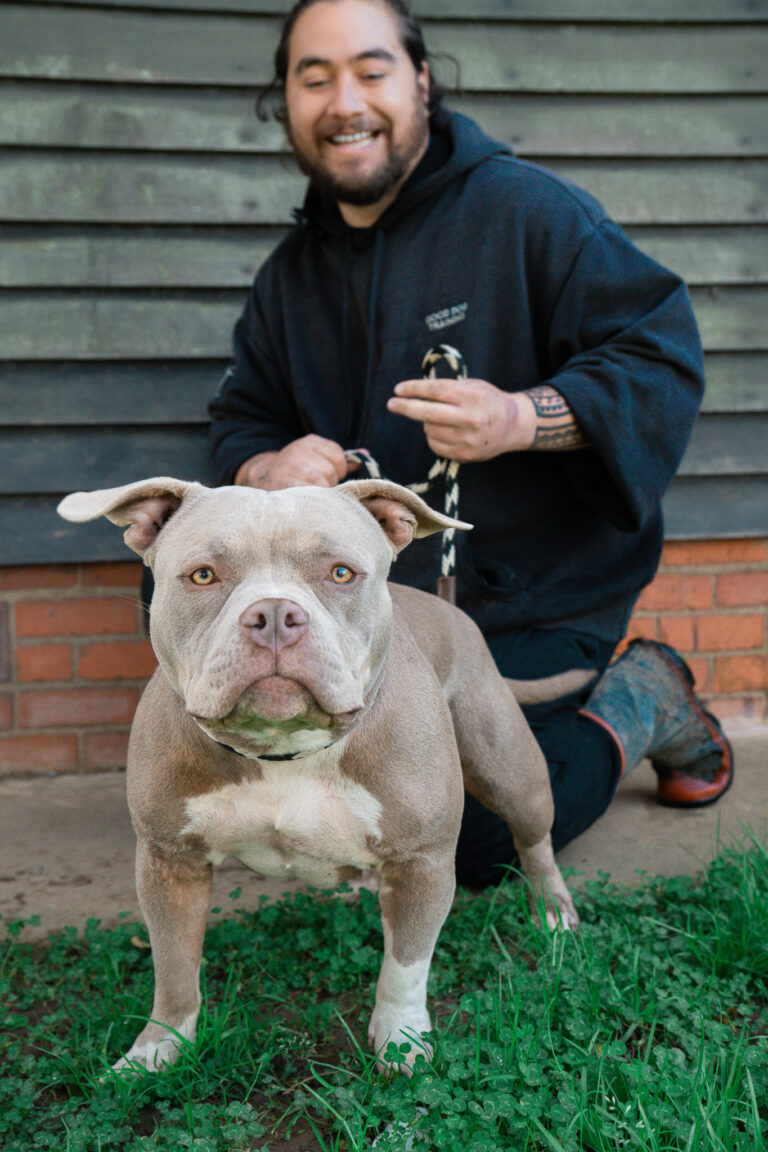
When on lead, a dog has no option to move away. Their natural choice to increase distance from what worries them is removed. Barking, lunging, or growling is often their way of saying, “I need space,” not “I want to fight.”
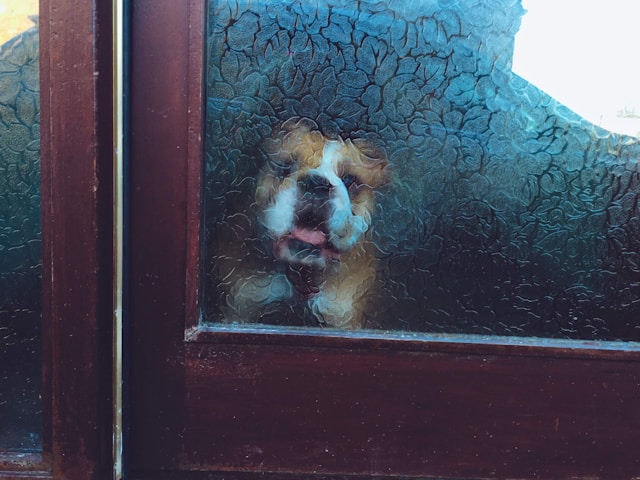
Just like people, dogs vary in confidence. A dog who hasn’t built up trust in themselves or their handler may feel overwhelmed in busy places, around new dogs, or when facing novel experiences.
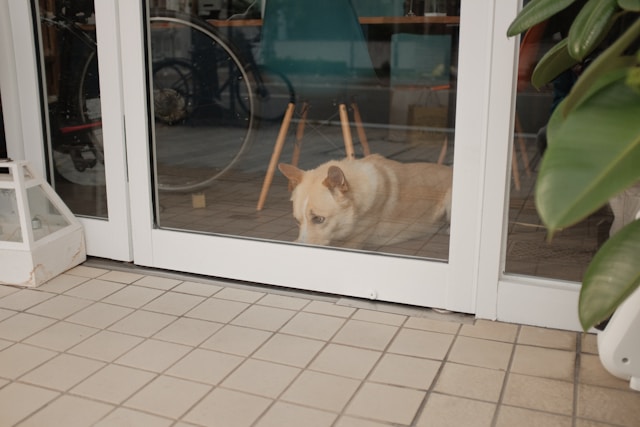
Dogs who miss out on varied, positive experiences during puppyhood (roughly 3–14 weeks of age) may find the unfamiliar scary. Without practice, they struggle to process new situations calmly.
Dogs learn strongly from “one bad moment.” Being rushed by an off-lead dog, startled by loud noises, or handled roughly can leave a lasting imprint. The dog then anticipates danger and reacts pre-emptively to protect themselves.
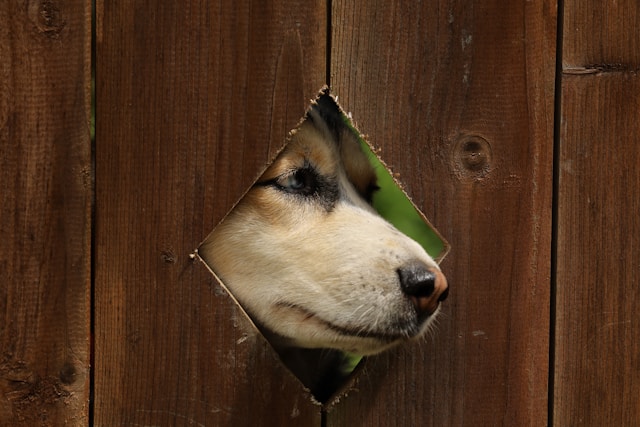
Dogs communicate first with subtle body language; Ears pinned back, yawning, sniffing, or turning away. When these signals are ignored or misunderstood, they may escalate to louder behaviours (barking, lunging) to be “heard.”
Stress builds like water in a bucket. A dog may appear fine until that “last drop” tips them over the edge. Owners often miss the smaller stress signals that build up before the explosion.
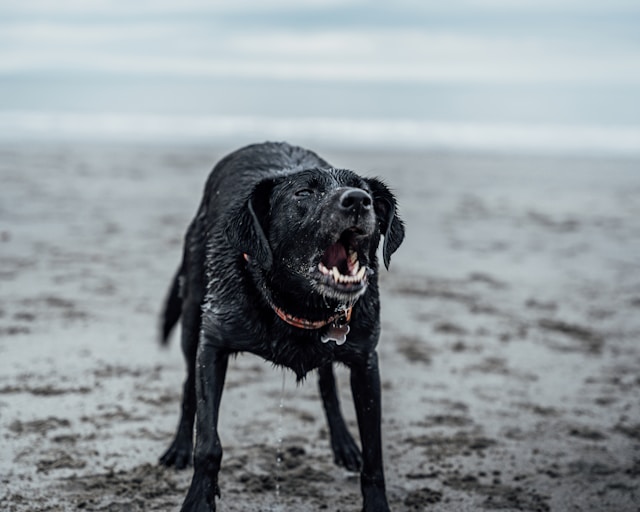
At Dog Club, we don’t just “train around” reactivity—we work on it from every angle:
The following skills are foundational for addressing reactive behaviour in dogs. We build these skills through calm, consistent training.
Gradual exposure in controlled social environments, monitored by behavioural specialists. We promote:
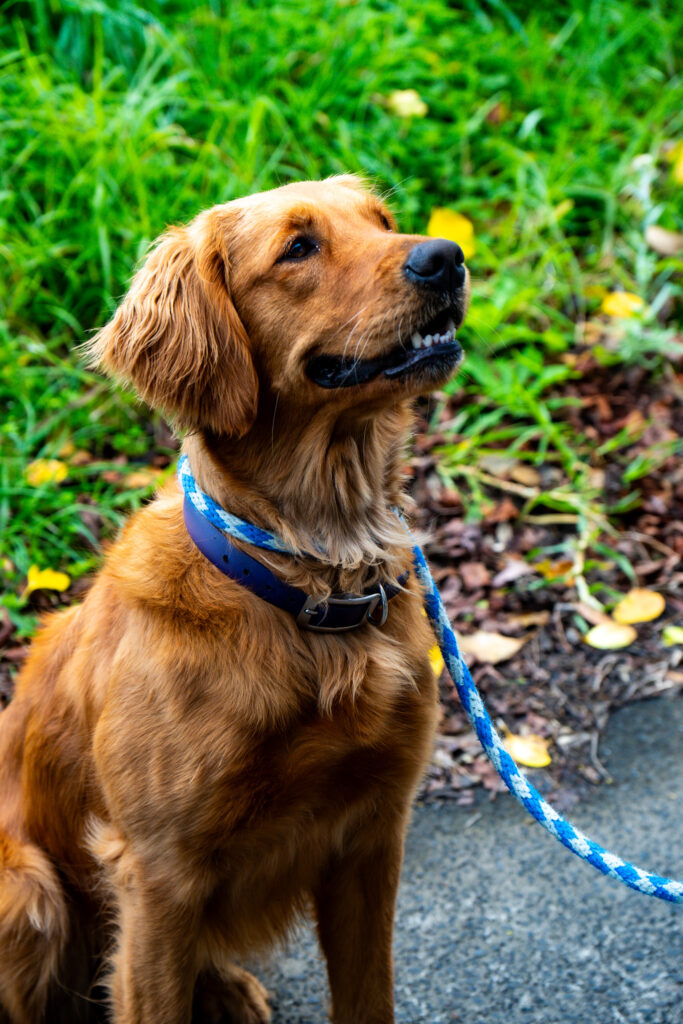
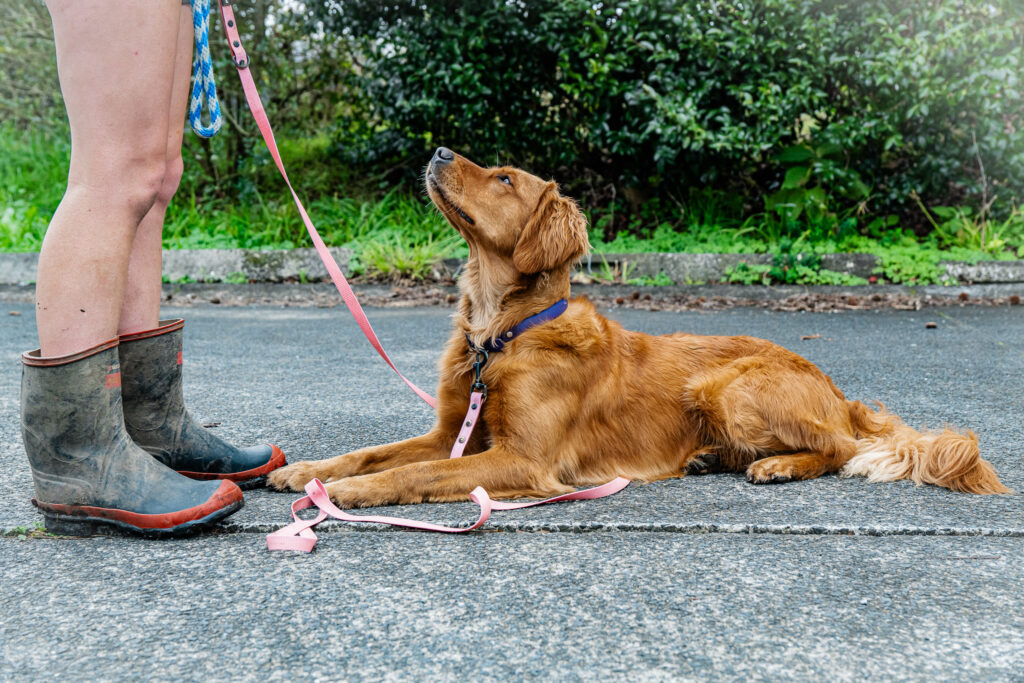
Even before joining Dog Club, you can help your dog with these simple steps:
Watch for early stress signals like, licking lips, yawning, stiff posture, or turning away. Intervene early to prevent escalation.
Choose quiet routes. Reward calm behaviour frequently. Don’t measure success by distance, but by relaxation.
Practise focus, recall, sit, and stay in distraction-free environments. This builds communication without pressure.
“Look at me,” hand touches, or treat-chasing games create strong, positive associations with you.
Don’t scold growling or barking, it’s communication. Instead, calmly create distance and reset.
Progress comes in steps. Each calm moment is a success worth rewarding.
Our Dog Club programme is designed to give reactive dogs the structure and consistency they need to thrive:
If your dog struggles with reactivity, you don’t have to face it alone. At Good Dog Training Auckland, we’ll help you turn stress into calm, confusion into communication, and reactivity into confidence.